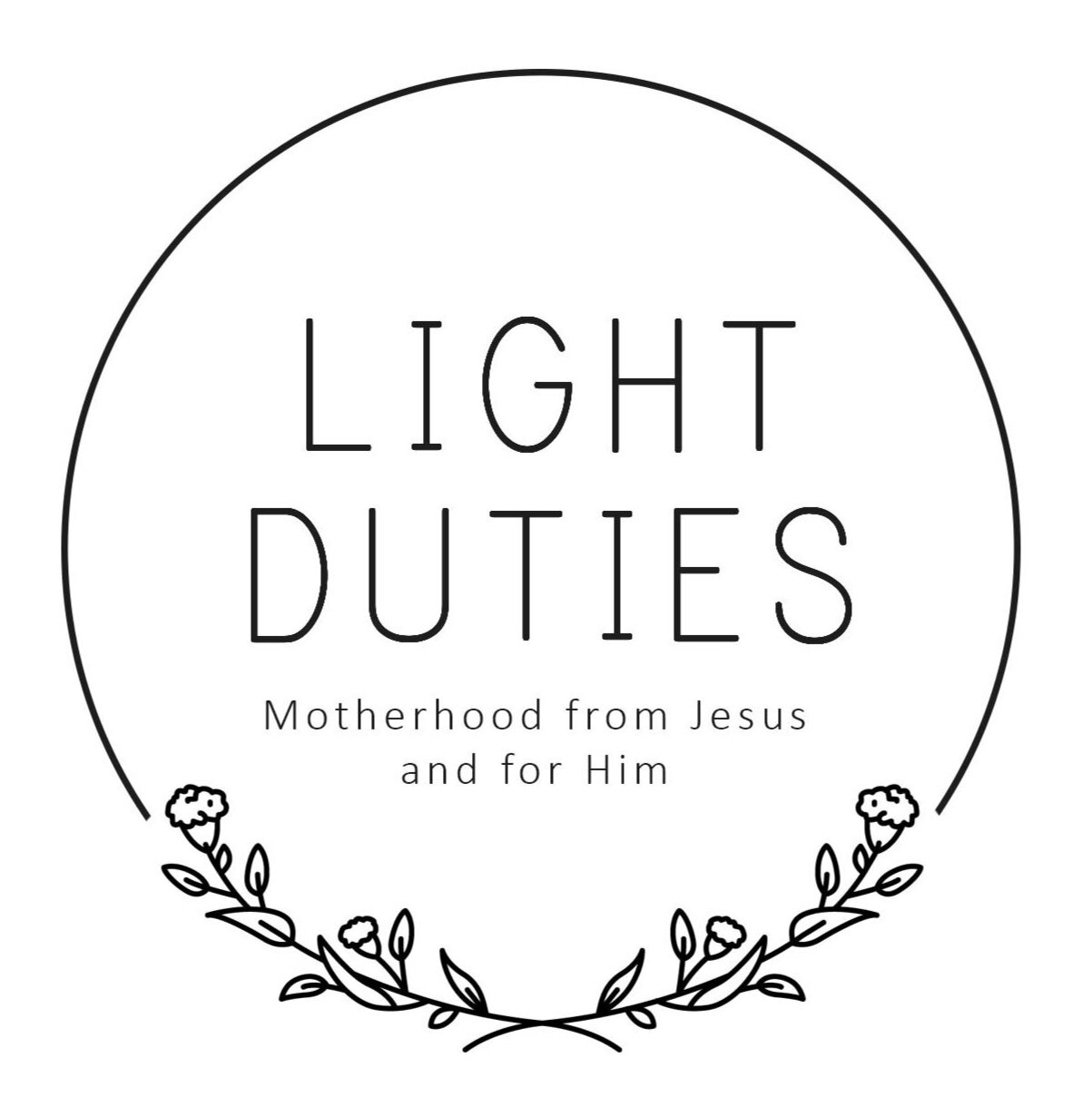A Biographical Interlude {bonus}
Anecdotes don’t make an argument more or less legitimate. But they can help add some context. Backstory can speak to a few objections; objections that biblical ideals about mothers, fathers and marriage come from people who are naive about how badly things can turn out. I share the following, not because personal experience is authoritative, but as a concession to the language Western culture speaks these days. For better or worse, personal experience carries some persuasive weight.
I grew up without my dad. He was not malicious, but for all sorts of reasons, he did not contribute much beyond starting my existence. Most of my childhood passed not knowing when I would see him again. Two or three years without contact was typical. The most uninterrupted contact I’ve had with Dad has been during his decline into dementia over recent years.
Mum shouldered the entire load of raising me. I didn’t often see dads in the Housing Commission neighbourhoods where mum and I lived. When fathers were there, they were not the creators and protectors of joyful, maturing families. Our streets were museums of distorted parental authority, sometimes through abuse, but mostly through absence. I wonder what the toddling twins are doing now, twenty-five years on; the babies who would wander up the street and play at our house until I walked them home a couple of hours later. I knew who their mum was, though she never talked to me. Their dad was just a rumour. In that neighbourhood, men and women were both to blame for the troubles, but they sinned and abdicated in different ways. I can still smell those cracked, stale streets.
My mother made sure this wasn’t the only experience I had, and though we lived almost my entire childhood in these places, Mum managed to keep us from being immersed in them. I remember the rapid house move when I was six, when Mum got us a quick “swap” into a different neighbourhood, following an awful situation she intercepted (the one time Mum did let me play with other kids on that street). She shielded me from threats I didn’t know existed. I also had older brothers who gave me a different picture of life. Mum and I were part of a church, where many people were very kind to us. She also made sure I was in a gentle school. God filled my early life with contrasts.
Under the poverty line, in the regular cycle of need Mum and I lived in, I had an acute sense that our heavenly Father was providing for us. There were times I wished my earthly father would arrive on the doorstep (preferably with some compensatory gifts). Every couple of years he did reappear, or I’d track him down. He was not what I longed for and there were never presents. But God always gave me a separate, different picture of his divine Fatherhood in contrast with my earthly father. Some people struggle to relate with God as Father because of their faulty human dad. I found the opposite. I can’t remember a time when God didn’t make his Fatherhood delightful to me. All the same, I have felt the discomfort of things left undone by my dad. Much time and energy have been lost, belatedly growing bits of humanity I never learned from him. Years which could have been spent more profitably. But my Heavenly Father has provided my daily bread in his own peculiar ways.
The contrasts continued. The family I am a mother in is very different from the one I was a child in. I have a husband who is here; he’s competent, strong and kind, providing more good than I can count. He loves me, committed to doing me good as long as we both live, in season and out of season. Only me. And I trust him. God has been gentle with us in this. If it were left up to statistical likelihood, I would not be married to this man, mothering in this family, in this way. It is an unmerited gift. It could so easily have been different. God has carried us along for almost twenty years, growing us into the oneness which started on our wedding day.
My husband and I have vastly different personalities and skills, so there is still some art to working out what spiritual leadership looks like. But heading up our family is his gig. I am his helper as he leads us in raising our children in the training and instruction of the Lord. At times our work overlaps, but it is often expressed differently. We are not androgynous, interchangeable parents. We are a woman and man, a mother and a father, joined into one. The better we each do our own part, the better the other person can do theirs. In many ways, we feel like we’re only just getting into the place we should have started from. We’ve taken a long time to learn some things. The Lord is so patient and doesn’t take shortcuts.
I’ve heard it said that civilisations are built only when a man is invested with one woman for a lifetime. The good things the world needs do not get done otherwise—quite the opposite—there is more damage to recover from. For what it’s worth, I have almost forty years of amen to that, both the losses and the gains.


